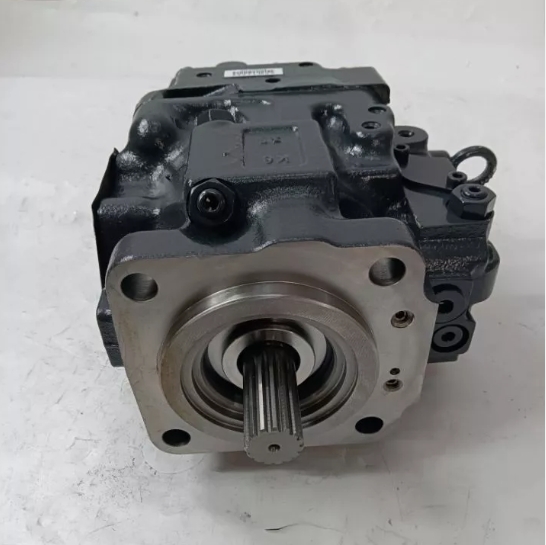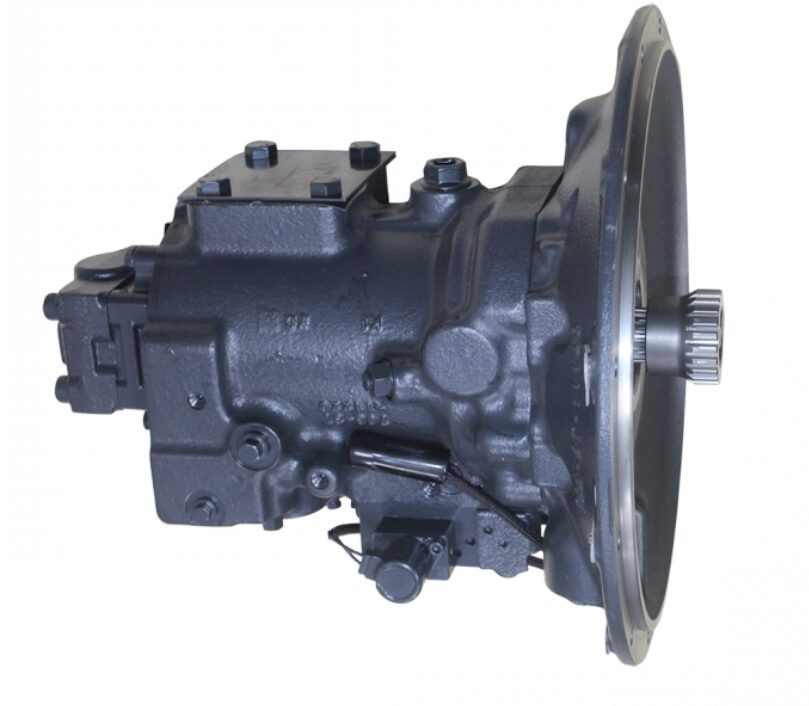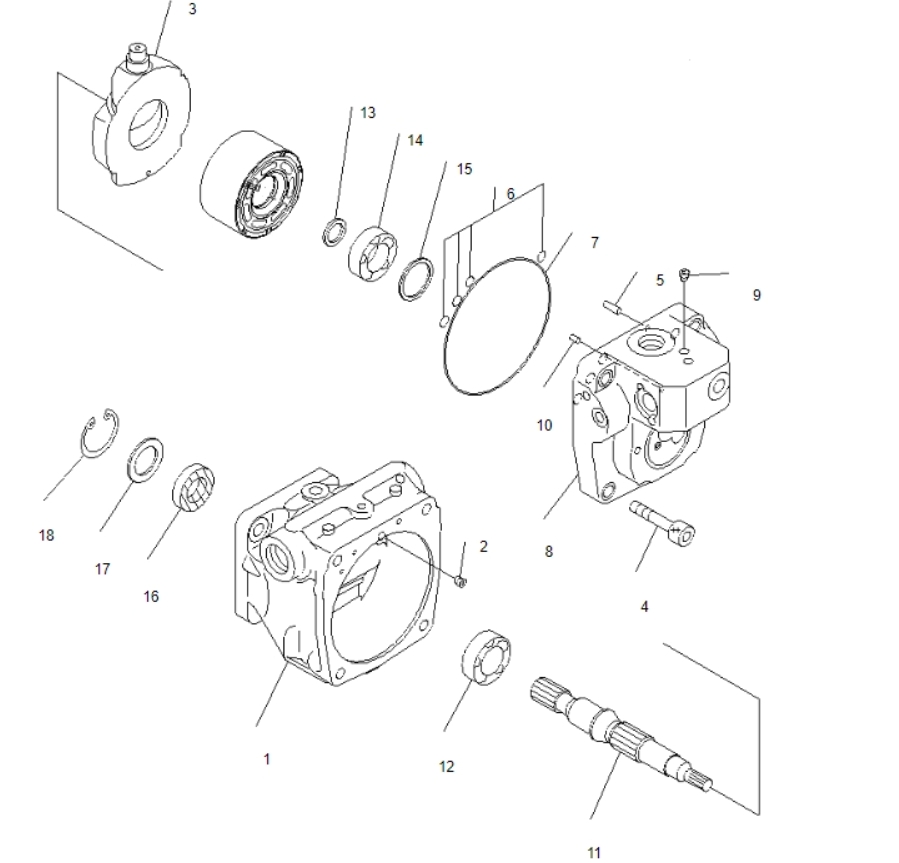
In the realm of heavy machinery, the hydraulic pump in an excavator plays a crucial role akin to that of the heart in a human body. It is responsible for pumping hydraulic fluid, thereby providing the pressure and power necessary for the excavator to perform various tasks. When the hydraulic pump in your John Deere or Hitachi excavator begins to wear down or malfunction, it sends out warning signs. Identifying these early can prevent serious damage, extensive downtime, and costly repairs. This blog will delve into the critical warning signs of hydraulic pump failure and why it’s essential to address them promptly.
The hydraulic pump is one of the most vital components of an excavator. Without it, the hydraulic system cannot function, which means the excavator cannot perform any of its tasks. The hydraulic pump circulates hydraulic fluid through the system, which generates the pressure needed to move the machine’s arms, booms, and other components. Given its crucial role, any failure in the hydraulic pump can lead to significant operational issues, downtime, and expensive repairs. Therefore, being vigilant about the pump’s condition is paramount to maintaining the efficiency and longevity of your excavator.

Hydraulic fluid leaks are one of the most apparent signs of hydraulic pump failure. Leaks can be visible, where you notice fluid on the exterior of the pump, or invisible, where the leaks occur internally without any outward signs. A noticeable decrease in excavator performance or a sudden drop in hydraulic fluid pressure often accompanies internal leaks. Immediate action, such as tightening or replacing a valve or seal, can prevent further damage to the hydraulic system. Ignoring these leaks can lead to a complete breakdown of the pump and the entire hydraulic system, causing extensive downtime and costly repairs.
A well-functioning hydraulic pump operates silently. However, as parts wear and seals fail, you might start hearing unusual banging and knocking sounds from the pump. These noises often indicate that there is air in the system due to a lack of hydraulic fluid pressure. This condition, known as cavitation, can cause the pump to overheat. Overheating can lead to the failure of the pump’s internal components, escalating into more severe and potentially irreparable damage. Addressing these noises promptly is crucial to maintaining the pump’s integrity and preventing further issues.

The hydraulic fluid circulating in an excavator’s hydraulic system should ideally stay below 82°C (180°F). Higher temperatures can damage seal compounds and degrade the viscosity and quality of the hydraulic fluid. A failing hydraulic pump often causes a drop in hydraulic fluid pressure, resulting in increased heat and higher fluid temperatures. Overheating is one of the most common causes of hydraulic system failure. It’s essential to monitor fluid temperatures and investigate any increases immediately, as high temperatures can cause widespread damage throughout the hydraulic system, affecting other components and leading to more extensive repairs.
A weakened final drive motor often points to a lack of hydraulic fluid pressure, which is a direct consequence of hydraulic pump issues. If the final drive motor loses power, it is crucial to check the hydraulic pump and the pressures within the system. Regularly monitoring and maintaining the hydraulic pressures can prevent unexpected failures and ensure the excavator operates efficiently. Investigating and addressing the root cause of low hydraulic fluid pressure can prevent the final drive motor and other components from suffering long-term damage.
The hydraulic pump is the heart of an excavator’s hydraulic system. Recognizing the warning signs of pump failure, such as leaks, unusual noises, increased temperatures, and weak final drive motors, can prevent severe damage and costly repairs. Regular maintenance and timely interventions are key to extending the lifespan of your excavator and ensuring it operates efficiently. By staying vigilant and addressing issues as soon as they arise, you can avoid significant downtime and maintain the productivity of your heavy machinery.

Q1: Why is the hydraulic pump crucial for an excavator’s operation?
Q2: What are the common warning signs of hydraulic pump failure?
Q3: How can I prevent hydraulic fluid leaks in my excavator?
Q4: What should I do if I hear unusual noises from the hydraulic pump?
Q5: Why is monitoring hydraulic fluid temperature important?
Q6: How does a weak final drive motor relate to hydraulic pump issues?